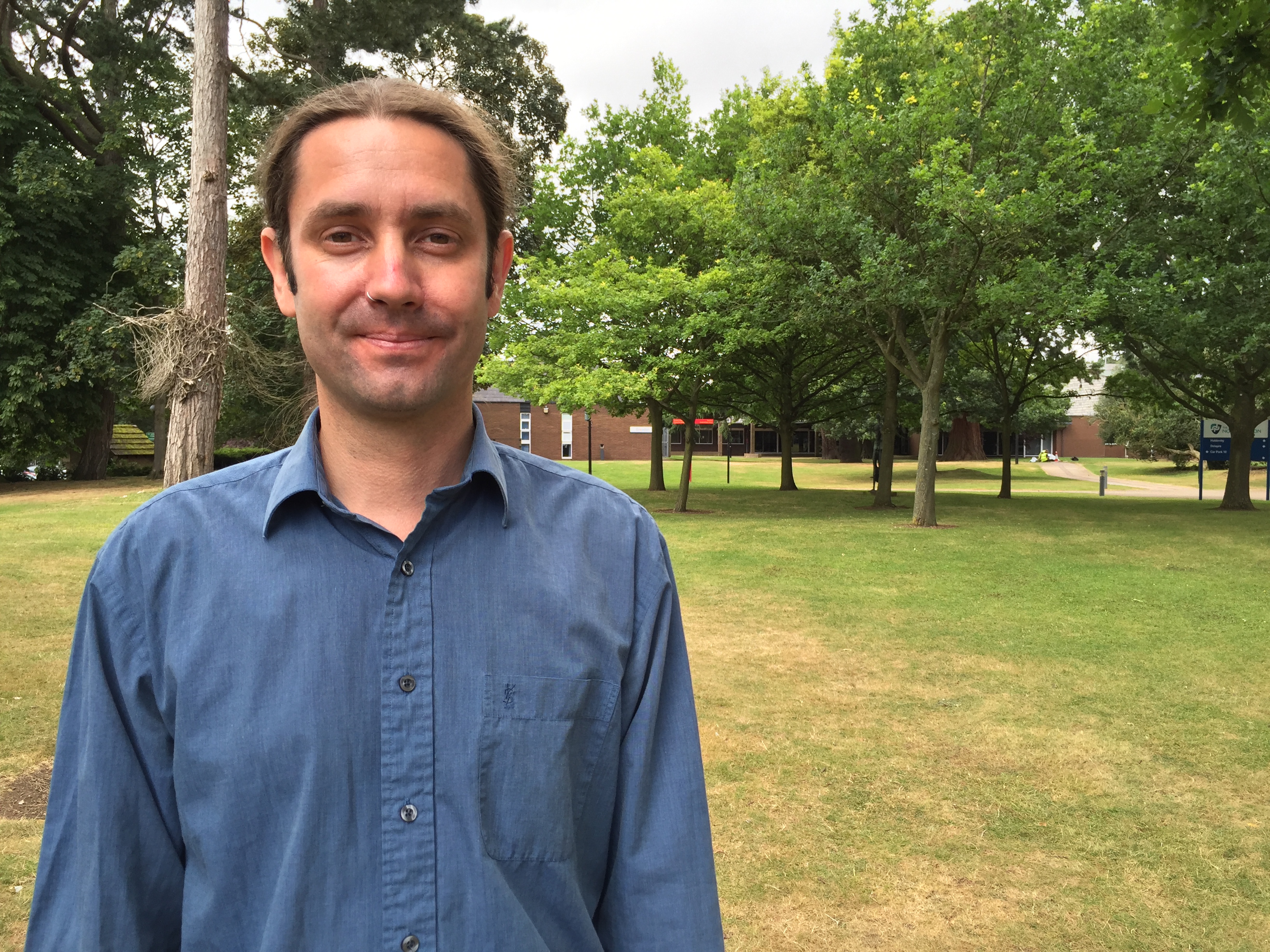Research into wealthy men’s attitudes to HIV testing could influence government health policies
Date 27.07.2016

Research by a University of Northampton expert could help to influence East African governments’ policies on HIV testing.
HIV has long been viewed as a disease of poverty in sub-Saharan Africa, however, data from Demographic Health Surveys (DHS) has shown that this is not necessarily the case.
Tanzania’s wealthiest quintile of the population has the highest rates of HIV prevalence, according to the Tanzanian Commission for AIDS 2013. This pattern is repeated in a number of countries in sub-Saharan Africa, and especially in East Africa.
In relation to HIV testing, there is also an assumption that policy and programmes designed to encourage testing should focus on the poor. This is also questionable, as whilst the wealthiest are more likely to report having ever taking a HIV test, they are just as likely to refuse to give a blood sample in national surveys as the poor (see Long and Deane 2015 for a discussion).
The DHS data also shows that differences in testing rates by wealth quintile are not enough to account for the differences in HIV prevalence by wealth quintile, so that effectively there are as many wealthy men who are HIV positive and have never taken a HIV test as there are poor men who are HIV positive and have never taken a HIV test.
Dr Kevin Deane, pictured, of the University’s Faculty of Business & Law, has teamed up with Dr Joyce Wamoyi and John Changalucha of Tanzania’s National Institute for Medical Research to explore the attitudes of wealthier men towards HIV testing, and the barriers to testing they may face.
He said: “The findings of this research will have important implications for the design of policies and/or interventions to encourage HIV testing amongst wealthy men in Tanzania and other sub-Saharan African countries, particularly in East Africa, which have similar patterns of HIV prevalence, wealth and HIV testing.
“At this point, we do not want to speculate on the possible findings, as qualitative work frequently uncovers unexpected themes.”
The study is due to begin in the autumn, and will see a sample of 25 wealthy men in Mwanza city, Tanzania, interviewed by a local research assistant.
The research is being funded by a British Academy/Leverhulme Trust grant of £10,000.
Dr Deane’s main area of expertise is the HIV/AIDS epidemic in sub-Saharan Africa, with a focus on migration/population mobility, transactional sex, the roles of wealth and poverty and the developmental impact.
References
Long, D and K. Deane (2015) Wealthy and healthy? New evidence on the relationship between wealth and HIV vulnerability in Tanzania, Review of African Political Economy, 42:145, 376-393
TACAIDS, Zanzibar AIDS Commission (ZAC), National Bureau of Statistics (NBS), Office of the Chief Government Statistician (OCGS), and ICF International (2013), Tanzania HIV/AIDS and Malaria Indicator Survey 2011–12, Dar Es Salaam, Tanzania: TACAIDS, ZAC, NBS, OCGS, and ICF International.